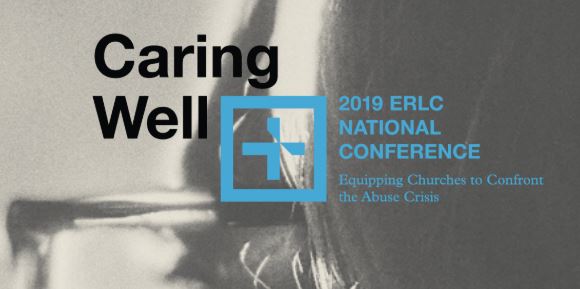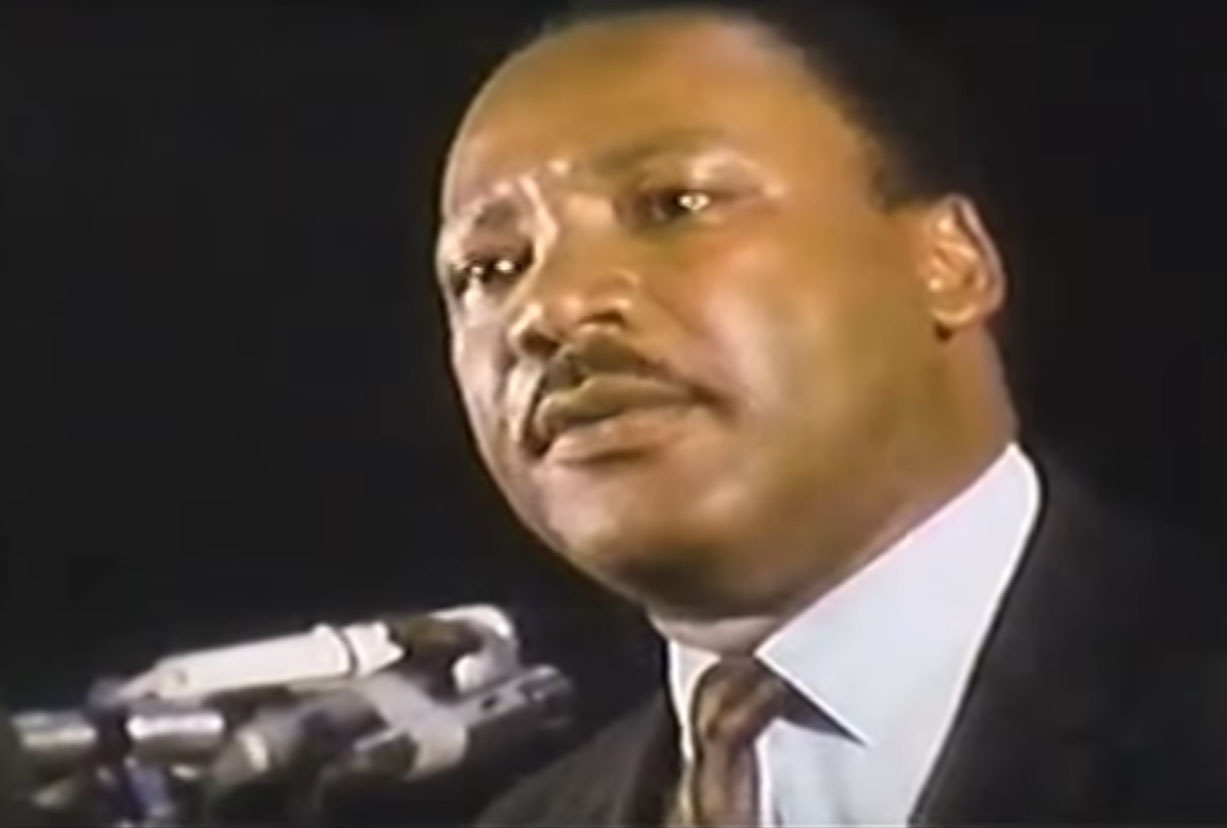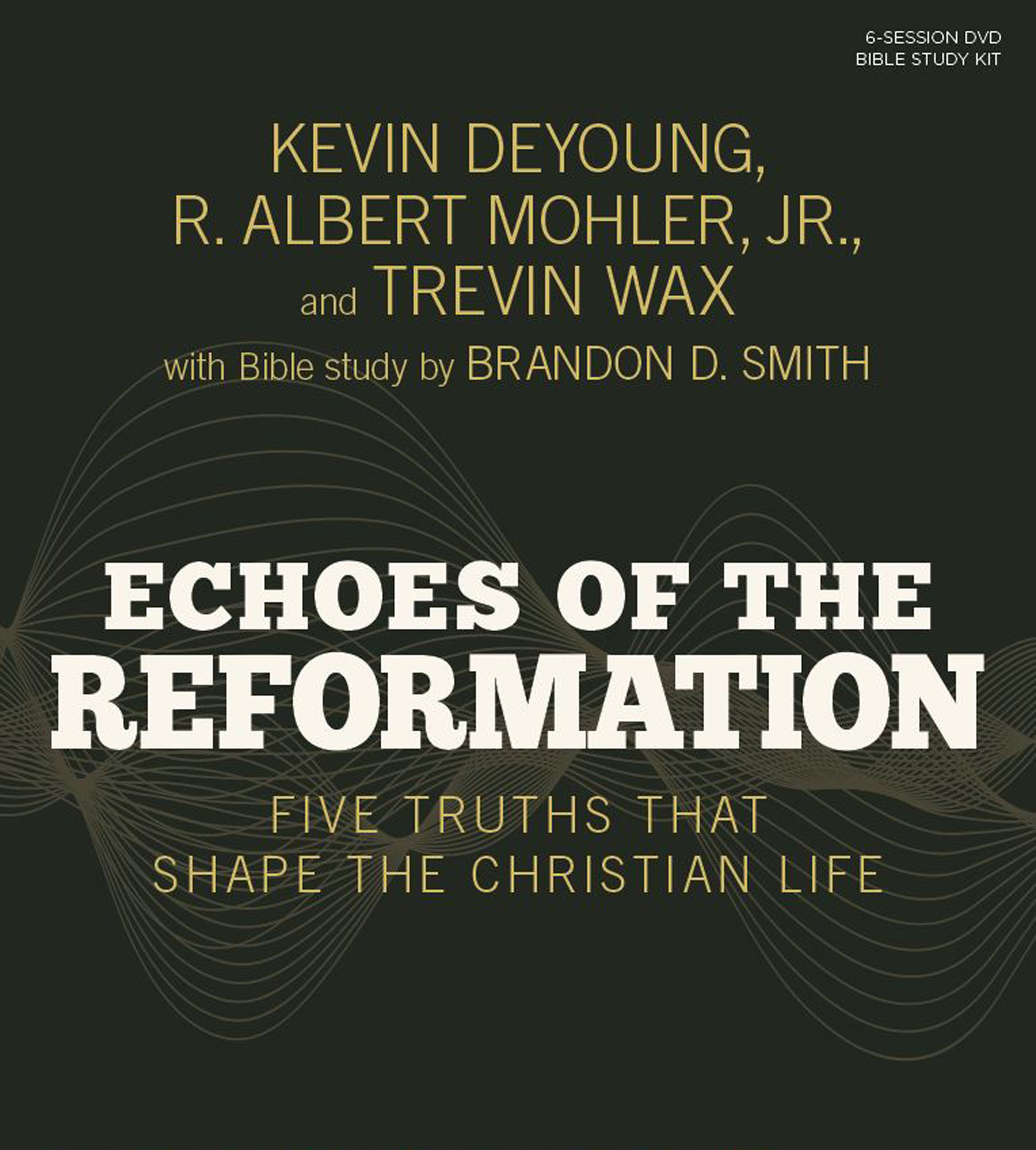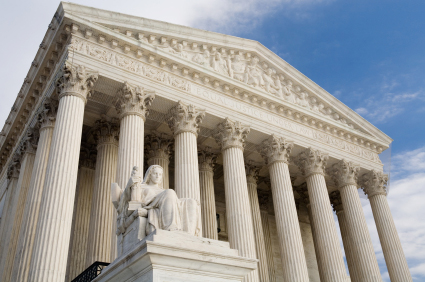 [1]
[1]SEATTLE (BP) – World Vision qualifies for a ministerial exception in refusing to hire a married lesbian expectant mother as a remote customer service representative, the Ninth Circuit Court of Appeals has ruled.
The appeals court overturned the lower court’s ruling that said World Vision discriminated against the applicant based on her sex, sexual orientation and marital status under Title VII of the Civil Rights Act of 1964 and the Washington Law Against Discrimination.
“When viewing CSRs’ (customer service representatives’) religious functions within the context of World Vision’s mission, we hold that World Vision’s CSRs qualify for the ministerial exception because they perform ‘vital religious duties’ at the heart of World Vision’s mission,” Ninth Circuit Judge Richard C. Tallman wrote in the opinion filed the evening of Aug. 5. “World Vision’s ‘core mission’ is to bear witness to Jesus Christ through acts of service, including support for children, those afflicted by conflict, and the poor, by partnering with churches, donors, and other members of the public through prayer and ministry.”
Miles Mullin, Southern Baptist Ethics & Religious Liberty Commission acting president and chief of staff, expressed gratitude for the circuit court’s ruling.
“Religious organizations must be able to hire employees who share their doctrinal commitments, including how their faith is practiced. Otherwise, those commitments mean nothing, and the very nature of the organization is undermined,” Mullin told Baptist Press.
The ERLC is among several groups that filed amicus briefs in support of World Vision, including Cedarville University, the Billy Graham Evangelistic Association, Samaritan’s Purse and Focus on the Family, as well as attorneys general from 17 states.
“This ruling is a win for religious liberty,” Mullin told Baptist Press. “In correcting the district court’s flawed logic, the Ninth Circuit rightly explains that the ‘ministerial exception’ means that the state cannot force religious organizations like World Vision to compromise on issues of biblical fidelity in hiring people who perform religious functions for the organization.”
Ruling in the case of Aubry McMahon v. World Vision, the Ninth Circuit cited U.S. Supreme Court decisions in favor of ministerial exceptions in employment, including the 2020 decision in Our Lady of Guadalupe School v. Morrissey-Berru, and the 2012 ruling in Hosanna-Tabor Evangelical Lutheran Church and School v. the Equal Employment Opportunity Commission.
“The Supreme Court has made it clear that an employee’s job duties cannot be viewed in isolation from the religious organization’s mission,” Tallman wrote.
According to court documents, World Vision offered to hire McMahon in January 2021 as a fulltime donor/customer service representative trainee, but reversed the offer when McMahon inquired the next day about maternity leave. McMahon had emailed World Vision, “My wife and I are expecting our first baby in March and I wanted to see if I would qualify for any time off since I’ll be a new employee? I will be the one having the baby so I just wanted to check to see if any time would be allowed off.”
As a customer service representative, McMahon would be expected to effectively communicate World Vision’s worldwide ministries and projects to donors and supporters, pray with donors and give them the opportunity to join World Vision’s religious mission through financial contributions, World Vision’s attorneys said in the case.
The Ninth Circuit court agreed that such activities are “vital religious duties” that necessitate a ministerial exception to employment discrimination law. The court reversed the district court’s summary judgment for Aubry McMahon and ruled in favor of World Vision.
World Vision gained wide national support in the case, with attorneys general from 17 states filing amicus briefs, including Alabama, Arkansas, Florida, Idaho, Iowa, Kansas, Louisiana, Mississippi, Missouri, Nebraska, Ohio, Oklahoma, South Carolina, Tennessee, Texas, Utah and Montana.
The court’s ruling, including a summary, is available here [2].







